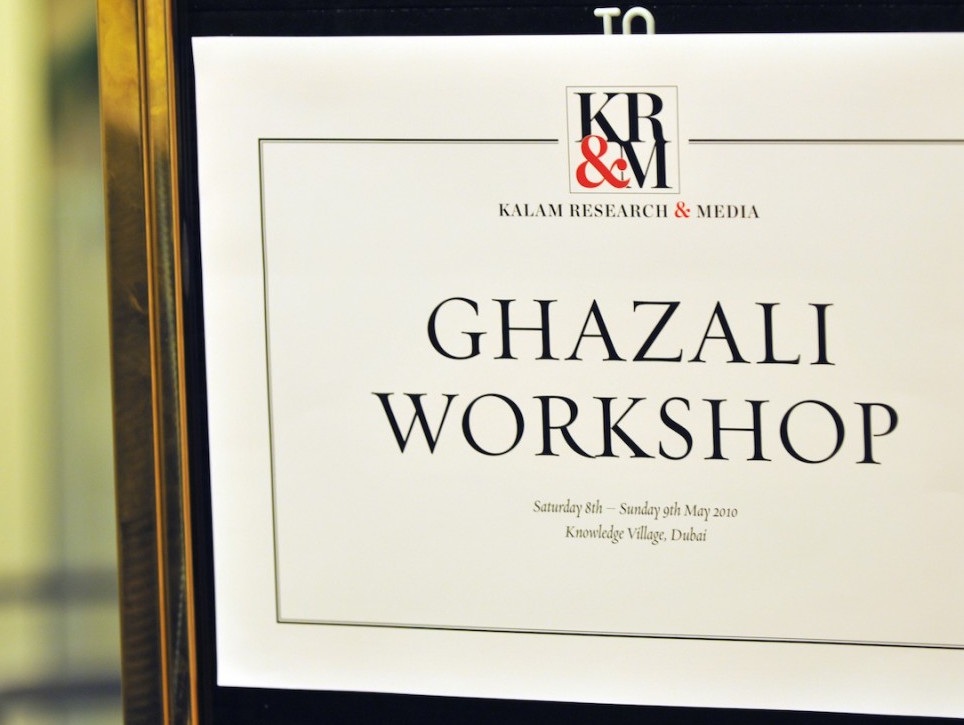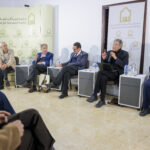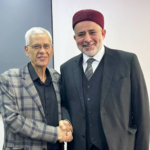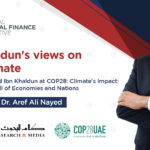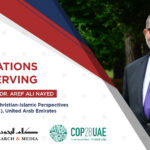Kalam Research & Media organized a two-day workshop in 2010 to discuss issues in theology, philosophy, science and culture. The workshop brought together a small group of leading Muslim theologians and scholars to assess the state of theological research and scholarship and chart a renewed course of engagement and dialogue with the intellectual currents of the age.
Kalam has always been a key Islamic science and it was only in the 20th century that the discipline became discredited in the wake of puritanical propaganda. For centuries, however, it served to buttress the faith from the challenges of its times; its role is ever more urgent today when there is desperate need for intellectual sophistication and coherency in belief. The development of the Kalam tradition has been seriously hampered in the face of the systemic transformations that took place in the post-colonial period in the Muslim world, which saw the dismantling of much of its traditional learning centres, and the subsequent rise of political and puritanical forms of Islam, at odds with the orthodox framework of the Islamic tradition, leaving no room for theological and spiritual refinement. The modern period, and the subsequent monopoly of discourse at the hands of Islamists and puritans, effectively put an end the notion of a civilisation in Islam. Without an internal intellectual coherence, modern developments in Muslim thought and society are but a pastiche of ideas unable to hold together in a meaningful manner.
Today, the developments in the various fields of human and natural sciences and in the arts call for an urgent and serious engagement by Muslims. The only way this will be possible is through a revival of the Kalam tradition, though broadened to incorporate a much wider theological enterprise than previously that can once again make sense of the world we live in and which also bridges the gap between being and existence, thought and action, between learning centres and their communities. Issues related to evolution, ethics, pluralism, inter-faith, environment, quantum physics, etc, cannot be dealt with on purely legal terms, but must be engaged through a systematic theological, rational, spiritual, ethical and legal vantage point. If the idea of an Islamic civilization is to be rekindled then all of its fundamental sciences, from theology to art, must also be revived. Without them we will simply not have the basic tools to probe the burning questions of the age. The theological enterprise is therefore an urgent one.
The Dubai workshop therefore, was the first in a continuing series of workshop and programmes. The Kalam group will hope to coordinate research and collaborate on key projects related to the development and articulation of a new, yet fully orthodox, theology. The projects will draw on individual scholars and religious and academic institutions through the world, and its spirit will be collegial and collaborative. The task of renewal of theology is not the enterprise of one scholar or one institution but the effort of a whole network of Muslim scholars, it is a network of networks, as Dr Aref Nayed has coined.
Participants in the first workshop included Dr Adi Setia (Malaysia), Kamran Bajwa (Bahrain), Sheikh Usama Al-Sayyid (Egypt), Waleed Arafa (UK), Sheikh Muhammad Afifi Al-Akiti (UK), Habib Ali Al-Jifri (UAE), Dr Aref Nayed (UAE/Libya), Dr Recep Senturk (Turkey), Sheikh Jihad Brown (UAE), Dr Umar Faruq Abd-Allah (USA), Dr Sherman Jackson (USA), Dr Nidhal Guessoum (UAE), Dr Bilal Kuspinar (Bahrain), Walead Mosaad (UAE), Muhammad Almselate (Libya) and Hakim Gadi (Libya). The workshop was also attended by Dr Amir Al-Islam (USA).

